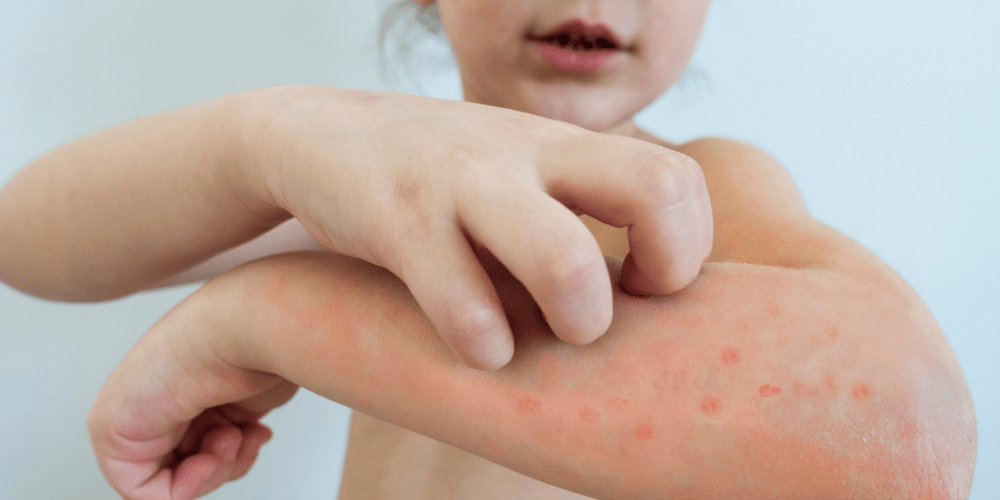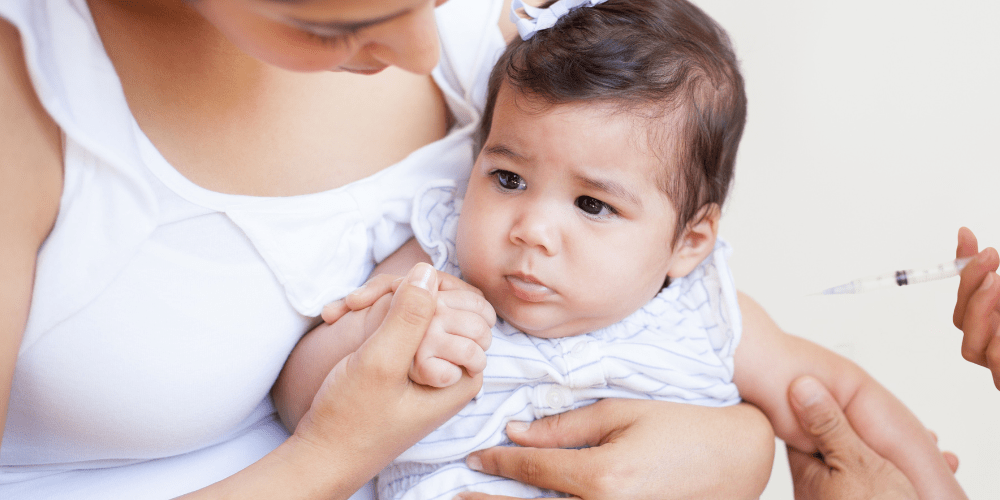
From January 2026, children across England will, for the first time, be offered a free NHS vaccination against chickenpox as part of the routine immunisation schedule. Delivered via a combined MMRV vaccine (measles, mumps, rubella, and varicella), this rollout represents the first addition to the childhood vaccination programme since MenB was introduced in 2015.
The programme will not only protect thousands of children from the discomfort of chickenpox but also help prevent severe complications, reduce school absences, save NHS resources, and support working families.
So, what does this mean for families, healthcare professionals, and the wider public health landscape?

Chickenpox, caused by the varicella zoster virus (VZV), is a highly contagious illness that spreads easily through direct contact with blisters or through airborne droplets.
Symptoms typically include:
For most, the illness is mild, but in vulnerable groups, such as very young infants, pregnant women, and those with weakened immune systems, chickenpox can lead to serious complications, including:
On average, 90% of people who have never had chickenpox will become infected after exposure. By age 10, around 90% of children in the UK have had chickenpox.

For many years, the Joint Committee on Vaccination and Immunisation (JCVI) debated whether a universal chickenpox vaccine should be added to the NHS schedule. Previous concerns focused on whether reducing chickenpox circulation could unintentionally increase shingles cases in adults.
Shingles occurs when dormant varicella virus reactivates later in life. It was thought that adults were “boosted” against shingles by being exposed to children with chickenpox, and therefore a vaccine might reduce this natural protection.
However, recent research has changed this picture:
In addition, the Covid-19 pandemic disrupted usual childhood exposure. With reduced social mixing, fewer children caught chickenpox naturally, leaving a larger susceptible pool. As these children grow older, chickenpox can be more severe.
This, combined with strong international safety data and new economic analyses, led the JCVI to recommend a universal vaccination programme in November 2023.

The cost of chickenpox to the UK is significant:
By preventing illness, the rollout will:
This aligns with the government’s wider ambition to raise the “healthiest generation of children ever” under the NHS England 10-Year Health Plan, shifting the focus from treatment to prevention.

The JCVI has recommended a two-dose schedule using the combined MMRV vaccine:
Alongside this, the NHS England: Changes to the GP Contract in 2025/26 (Annex E) proposed a phased catch-up programme to ensure older children are not left unprotected. This would involve targeted one-off MMRV doses for children from 18 months up to age 11, with completion expected by 2027.
It’s important to note that while these catch-up plans have been outlined, the exact details have not yet been formally confirmed. Further guidance will clarify how they will be implemented in practice.

The chickenpox vaccine has a strong safety record, with decades of use worldwide. In the US, where universal vaccination has been in place for 30 years, varicella-related hospitalisations have declined by over 90%. Most side effects are mild, such as a sore arm, mild fever, or temporary rash. Severe allergic reactions are rare.
The decision also comes against a backdrop of declining vaccine uptake in the UK, with none of the main childhood vaccines hitting the 95% target in 2024/25. For example, only 91.9% of five-year-olds had received their first MMR dose, the lowest level since 2010/11. By introducing protection against chickenpox within the combined MMRV vaccine, the NHS hopes to not only prevent varicella but also boost overall uptake by reducing the number of separate injections children need.


For those in primary care, immunisation teams, and community health, this rollout means:

Chickenpox is often seen as a common part of childhood, but in reality, it can be serious, disruptive, and costly for families and the NHS. From January 2026, the NHS will roll out the MMRV vaccine free of charge, protecting around half a million children each year.
This landmark decision will:
The varicella vaccine has already transformed child health in many countries. Now, the UK is set to follow, ensuring the next generation grows up with one less preventable illness to worry about.
Stay informed and up to date with the latest developments by enrolling in one of our comprehensive Immunisation courses. You can choose the format that suits your schedule best – join us live online via Zoom for an interactive experience, or complete the course at your own pace through our flexible E-learning platform. Whether you’re refreshing your knowledge or new to the field, our expert-led updates ensure you’re equipped with the most current information and best practices in the field. Contact us for group bookings or bespoke courses for you and your team.
Giving you written and video content to answer all your questions on primary care education from Phlebotomy to Travel Health.
Subscribe now to be kept updated with our latest posts and insights.
Notifications